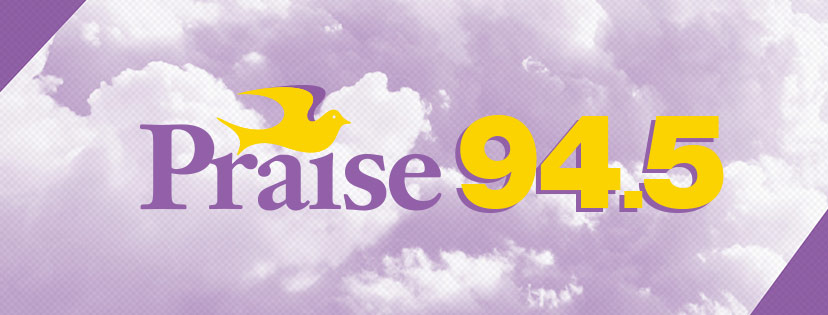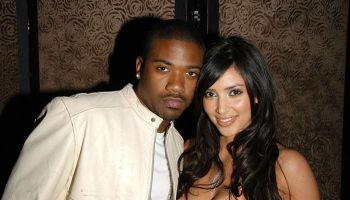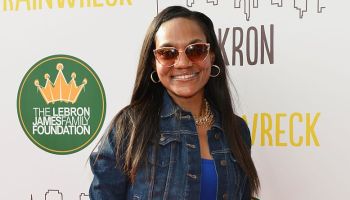As TV doctor dramas go, Doc McStuffins is no ER. The protagonist is a cartoon preschooler who provides primary health care for stuffed animals from a backyard play house. In a typical episode, she diagnoses her little brother’s teddy bear with acute “dusty musties” and prescribes a good laundering. The brave bear rides the waves and emerges from the washing machine clean enough to snuggle the boy without aggravating his allergies.
“If he ever makes you sneeze again,” Doc McStuffins advises her grateful sibling, “he just needs a wash and he’ll be all better.”
If you think this is generic kidstuff, think again. In the 11 months since Disney Junior launchedDoc McStuffins, the show has become cable TV’s top-rated preschool series and, more important, the spark of social movement. Why are viewers, activists and health professionals heralding this sweet little show as the best thing since penicillin, or at least since the Huxtables?
Because McStuffins―black, female, roughly five years old―fills a void in popular culture and brightens a lonely corner of American health care. African-Americans make up 13% of the population, yet barely 4% of the nation’s doctors are black, and only 1.9% are black women. Our health care suffers for that lack of diversity, and so do thousands of black youth hungry for career opportunities.
CLICK HERE to read story
article courtesy of MSNBC.com















